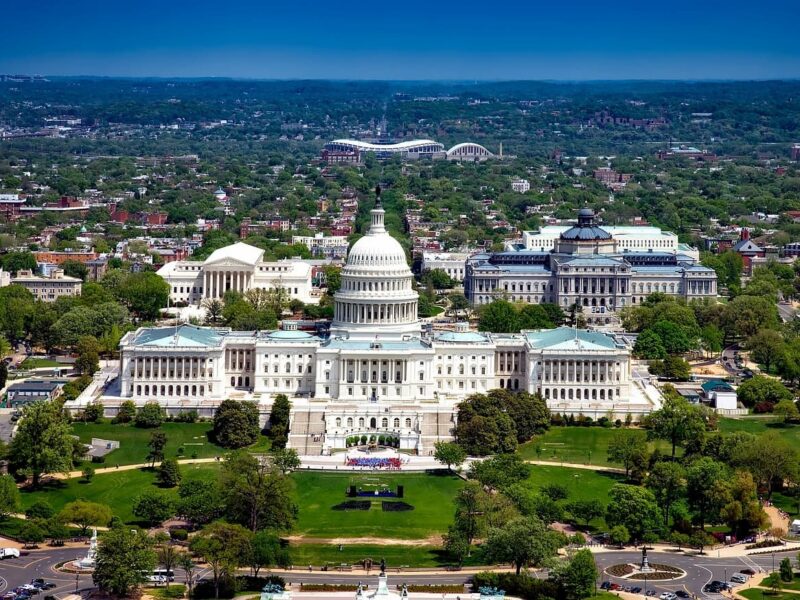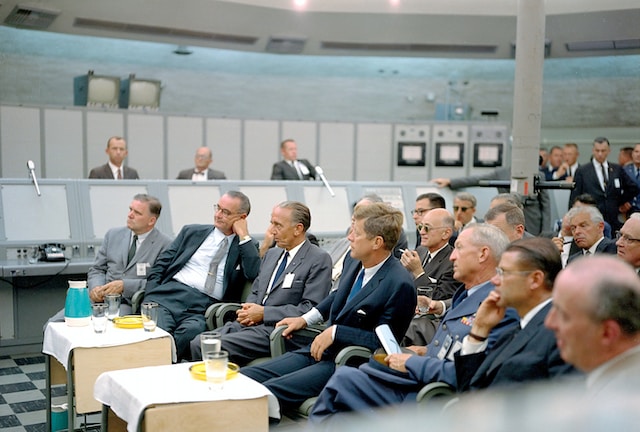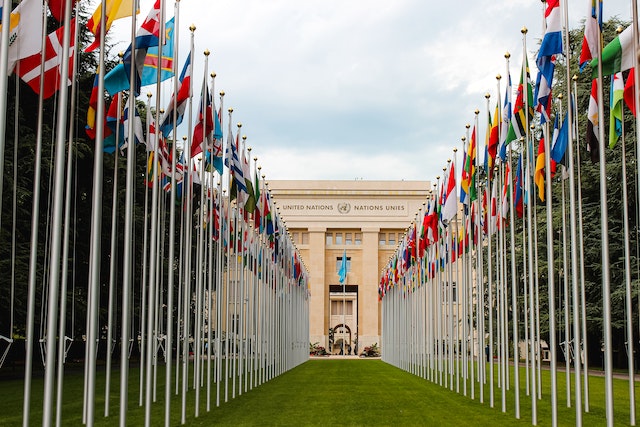The playing field isn’t usually confined to stadiums and arenas in the world of sports. The political sphere is a different setting where power plays are performed. This essay explores the complex interplay between American politics and the sporting world. We’ll look at how these two seemingly separate worlds frequently converge and interweave, from historical backgrounds to contemporary implications.
The Intersection of Politics and Sports
To understand the present, we must first journey into the past. Throughout history, politics and sports have frequently crossed paths. Ancient Greece, for instance, used the Olympic Games to promote political harmony among city-states. Similarly, in the modern era, politics has played a pivotal role in shaping the sports landscape.
The Cold War Era
Sports were used in the political arena during the Cold War by the Soviet Union and the United States to assert their dominance in certain ideologies. Competitions like the Space Race, when they fiercely competed in space exploration to display their technological supremacy, were a famous example of this rivalry. The Soviet Union’s domination in ice hockey is a prime example of how sports also served as a vehicle for the projection of worldwide power and superiority.
The Olympics as a Political Stage
The Olympic Games have frequently been used as a forum for spreading political themes throughout history. Jesse Owens’ extraordinary accomplishments at the 1936 Berlin Olympics, which were hosted in Nazi Germany, clearly opposed Hitler’s Aryan ideal. A few decades later, in response to the Soviet Union’s invasion of Afghanistan, the United States boycotted the 1980 Moscow Olympics. These historical occurrences vividly demonstrate how politics and the Olympics interact, presenting the Games as a special platform for political discourse.
Modern-Day Geopolitics
In the present-day landscape, it is indisputable that politics maintains a profound and intricate relationship with the realm of sports. Ongoing conflicts, intricate trade disputes, and the intricacies of international relations persistently exert their influence, thereby significantly affecting the manner in which sports are structured, arranged, and executed on a worldwide scale. But this does not stop numerous enthusiasts from using NBA betting site in the Philippines with Gcash.
The Role of Athletes
Athletes have evolved beyond their conventional roles as sports figures, emerging as potent voices within society. They harness their platforms to fervently advocate for political causes and instigate tangible change. This transformative influence extends to their endorsements of political candidates or causes, where their backing wields the potential to exert a substantial impact on public sentiment and, in some cases, even shape the outcomes of elections.
Exemplifying this influential trend are towering figures like Muhammad Ali and Colin Kaepernick, who harnessed their immense fame to propel social and political activism to the forefront. Ali’s resolute opposition to the Vietnam War and Kaepernick’s emblematic kneeling protest against racial injustice resonated deeply with multitudes, sparking pivotal dialogues on pressing societal matters. It’s crucial to acknowledge that the support and endorsement of political candidates by these influential athletes carry substantial weight, transcending the confines of the sports arena and profoundly influencing public perceptions.
Impact on Sports Events
Political decisions and conflicts can interfere with sporting events, sparking boycotts and protests that have an impact on the entire sports industry.
Diplomatic Boycotts
Governments employ diplomatic boycotts as a strategy to convey their political disagreements, and this approach affects athletes and sporting competitions. Historical turning points like the 1980 Moscow Olympics provide stark examples of the fusion of various domains. As demonstrated by the recent Winter Olympics held in Beijing, these boycotts often shine a spotlight on critical human rights concerns. Despite having no direct involvement, athletes always end up paying the price, illuminating the complex interactions between politics and the world of international sports.
International Events
International contests frequently become embroiled in complicated political issues, creating circumstances where countries must decide whether to withdraw from these events or risk facing sanctions. The intricate dynamics that characterise the global sports arena are usually transformed by these ongoing political conflicts, changing their dimensions and having a lasting effect.
Funding and Policy
Government funding for sports can wield political influence, shaping critical policies like anti-doping and athlete eligibility. International bodies like UNESCO provide guidelines to safeguard sports integrity and combat doping, emphasising the need to prevent political interference.
In Europe, discussions revolve around maintaining sports autonomy while accepting government support. Achieving a balance between government regulations and athlete-centric approaches, as observed in the global anti-doping enterprise, is crucial. The interplay between governments and sports necessitates that political decisions align with values of fairness, integrity, and equal opportunities in sports.
Conclusion
In the ever-evolving world of sports, the influence of U.S. politics is undeniable. From the historic rivalry of the Cold War to modern-day athlete activism, politics continually shapes the sports landscape. As long as these two realms remain interconnected, the power plays between them will continue to be a captivating spectacle.



